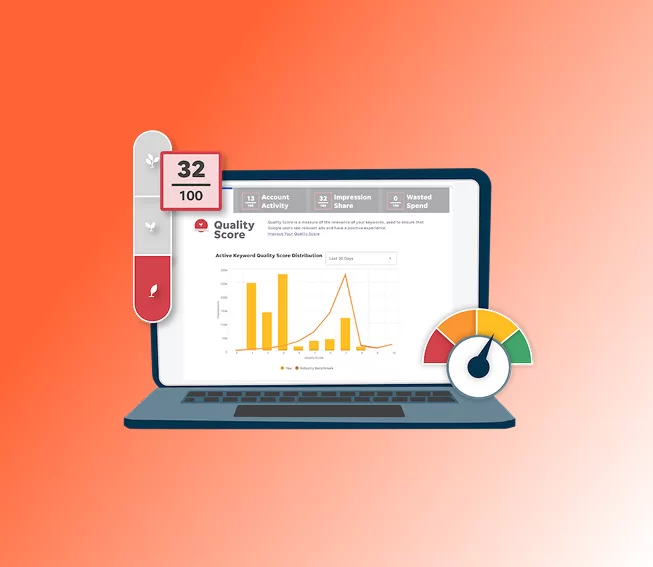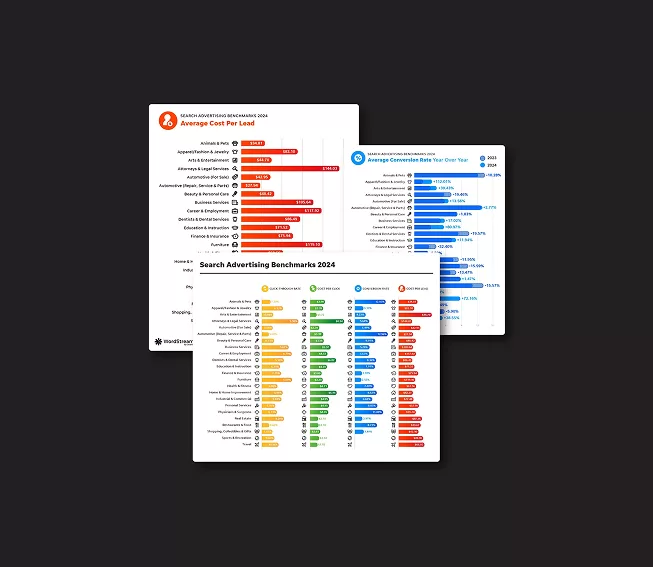“Success is something you attract by the person you become,” said Jim Rohn. For years I had this backward. I thought I’d only be successful if I got accepted to that school, got that job, earned that raise, or won that award. Not only is it destructive to let external circumstances dictate your self-worth, but it’s important to understand the sequencing of success.
Success in business comes from the value you create in the marketplace. Professional development increases your ability to produce value by enhancing your character, capabilities, and network.
Professional development is the key to accelerating growth in all aspects of your career. In this post, I’m going to share with you:
- How to get the most out of your career through professional development.
- Why professional development is important no matter what industry you’re in.
- Three proven strategies that advance your professional development.
What is professional development?
Professional development is any experience that leads to the acquisition of skills, enhancement of your capabilities, expansion of your network, and deeper insights into your chosen field. I must emphasize the word “experience.” You grow through experiences. To experience something, you must take action. Experiential learning is the highest form of learning.
If life was a video game, professional development is what your character had to go through to level up. You can design your own professional development experiences and therefore control the pace at which you grow in your career.
The following are proven strategies for professional development that work in all businesses and industries.

Professional development opportunity #1: Find a mentor
Finding a mentor is literally a shortcut to success. This is the only time I’ll ever preach about shortcuts because finding a mentor truly is a shortcut without any negative consequences.
When you find someone who’s done what you want to do, in their mind lies a methodology to produce that particular outcome. That methodology was forged by trial and error over time. Methodologies can be translated into plans. Plans can be copied and improved upon. Mentors also have the benefit of experience and can show you the most direct path to achieve your goals.
In 2016, I had no idea how to start a podcast. After spending hours on YouTube looking through tutorials, I was able to find gear but still couldn’t figure out hosting and distribution. I started asking everyone in my network, “Who do you know that’s started a podcast?”
I was introduced to Jason Croft, the host of Startup Dallas, a well-established podcast at the time. We hit it off and shared a lot of common interests. It was easy for me to trust Jason because I could see his results (at least 36 episodes). This is a key point when it comes to finding a mentor. You don’t want someone who just says they can do something. You want someone who’s done it. Make sure to validate their results.
In one afternoon, Jason showed me how to submit a podcast to iTunes, host via Libsyn, create graphics, and even market my show. Within a week of that meeting, I was live on iTunes. Over the next few years, I had no idea how that podcast would transform my life and career, and Jason and I are still great friends.

How to find a mentor
Use these three tips to find a mentor who can help you in your professional development journey.
Ask!
Don’t underestimate the power of asking. You’ll be surprised about what people have accomplished just by getting to know them. You’ll also be surprised by who your first-degree connections know when you ask with specificity.
When you ask for introductions, be specific about the outcome you’d like to create. Ex: “Who do you know that has achieved ________?” If you’ve identified a prospective mentor, don’t ask, “Will you be my mentor?”
Most mentors are time-poor and taking on a mentee can sound overwhelming. Rather, try asking, “I’d love the opportunity to learn how you achieved ________. Would you be open to lunch (coffee, Zoom, etc.) sometime over the next few weeks?” From there, let the relationship develop organically.
Invest in yourself
If the best athletes in the world believe in hiring coaches, why shouldn’t we? Don’t be afraid to hire mentors and pay for specialized training. If the fees for private mentorship are out of your budget, investing in online courses from a trusted authority in your industry could be a good option. Whether you invest in mentorship, online courses, seminars, books, or even just watch YouTube videos, you must put the ideas into action. You do not grow until you act.

Serve
Service is currency. Prospective mentors can be very busy people. How can you get some of their time by earning it? Find a way to add value to them. No matter how successful someone becomes they’ll always have problems they’re looking to solve. Identify what problems your prospective mentor has and find a way to solve them.
In the case of my podcast mentor, Jason, I learned that he was on the market for another job. I happen to be a professional recruiter and an expert in job search. I gave him career coaching and taught him job search strategies. By adding value to him, I was able to earn his time but more importantly develop a genuine relationship.
As you recruit mentors for your professional development, you’ll notice your network beginning to expand. Your mentor’s network starts to become yours as well. When you have access to people, you have access to opportunity. Take note, the cliché is true, “Your network is equal to your net-worth.”
Professional development opportunity #2: Learn public speaking
Public speaking rapidly advances your professional development while positioning you as a thought leader in your field. Think about what has to happen in order for you to complete one speech:
You must face your fears.
Public speaking is terrifying to most of us, yet all leaders learn to develop a healthy relationship with fear. If it’s true that public speaking is feared more than death, what does it say about the person who develops competence as a public speaker?

Every time you face your fears, you grow and expand. The resilience you gain from consistently facing your fears through speaking will carry over into other aspects of your life.
You must learn your material
You don’t need to know everything about a particular subject to speak about it. However, you do need to know enough to add value to your audience. When you create speech content, you reinforce the concepts of your subject matter in your own mind. Through research, debating ideas, and adding your own experience, you’re able to produce a unique and original perspective.
Teaching your expertise (I believe speaking is teaching) increases your belief and understanding even further in your subject. In other words, to speak about a subject is to become an expert on it.
You must have a speaking engagement
Whether you’ve been invited to speak or have volunteered, you still needed to get a YES from someone to have the engagement. This means you’re doing something right! Every time you land a speaking engagement (big or small), it’s market acceptance of your message and expertise. If you’re just starting out, accept as many speaking engagements as you can. Each speech is a huge opportunity for professional development.
3 public speaking tips
Try these three tips to improve and enhance your public speaking skills.

Focus on the message
I have massive stage fright. What a crazy thing for a professional speaker who’s given over 350 keynotes to say! It’s true. It happens every time. Am I going to look stupid? Will I connect with the audience? Am I going to forget what I’m going to say?
Every fearful thought and limiting belief about public speaking you can imagine; I’ve had them all. What helps me calm the nerves is to focus on the message and not myself. By shifting my focus to the message and sincerely wanting to help my audience, it lessens my worries about how I’ll be perceived. It takes the pressure off. I’m not there to look smart, I’m there to help my audience. See yourself as a servant for your audience. This allows you to enter a state of humility and confidence.
Practice
There’s no substitute for getting your reps in. Public speaking is a skill. Like any other skill, the more you practice, the better you get. When I practice, I try to simulate the actual speech. This means I’ll speak in full voice, use gestures, time myself, and click through my actual PowerPoint as if I’m giving the actual speech. You’ll look like a crazy person if someone walks in on you, but I promise it’s worth it.
Kinetic practice has a way of “programming” the speech into your subconscious making the actual speech the day of flow better.
Record yourself
Watching yourself speak will make you better. It allows you to see what the audience sees (for better or worse) to make proper adjustments.

Early on in my speaking career, I had a tendency to speak really fast. While speaking, it didn’t feel fast because of the nerves and adrenaline pumping through me. But sure enough on video, I couldn’t even understand what I was saying.
There’s no need to invest in fancy video equipment if you are starting out, just use your phone. Video content of you speaking becomes excellent content to build your personal brand online.
Professional development opportunity #3: Start a side hustle
A side hustle allows you to develop and hone entrepreneurial skills with relatively low risk. A side-hustle that’s made money (even just a dollar!) means you’ve exercised critical thinking, product development, marketing, and sales. A side hustle allows you to use your imagination, practice creativity, learn new skills, and have fun, all the while advancing your professional development.
What makes someone successful in business is their ability to put all of their faculties together to produce specific outcomes. When we’ve been doing any kind of business for an extended amount of time, we have a tendency to become myopic in our approach. Starting a side-hustle unlocks your creativity and allows you to see things differently again.
If you’re working a corporate job and love it, you’ll benefit from this too! The skills and insights you learn from your side hustle can be applied back to your job and advance your corporate career.
In April 2020, it was clear the world would experience economic disruption due to the pandemic. People were afraid of losing their jobs and talks of shutdowns had already begun. I decided to interview Josh Kemp, an online course creator who teaches people how to create their own side hustles. He gave some of the most practical advice I’d ever heard on how to build a profitable side-hustle.
5 steps to build a profitable side-hustle
Here are the steps Josh outlined for building a profitable side hustle that contributes to your overall professional development:
- Find an opportunity
- Don’t take too much risk
- Validate your idea
- Invest in marketing
- Take action!
Get started: Advance your Career with professional development
It should be incredibly exciting to know that we can control the advancement of our careers by taking ownership of our professional development. Remember, you don’t grow until you take action. Professional development only works by going through experiences that challenge you. To get started, pick one strategy, set a date, and get going.






